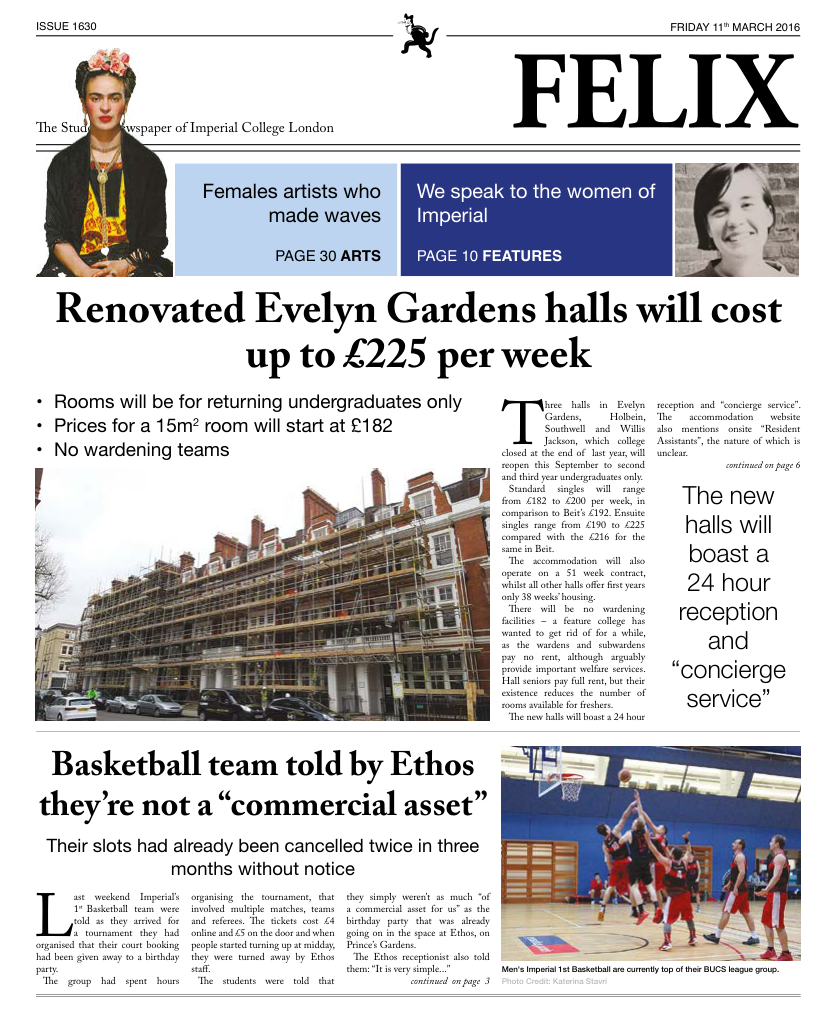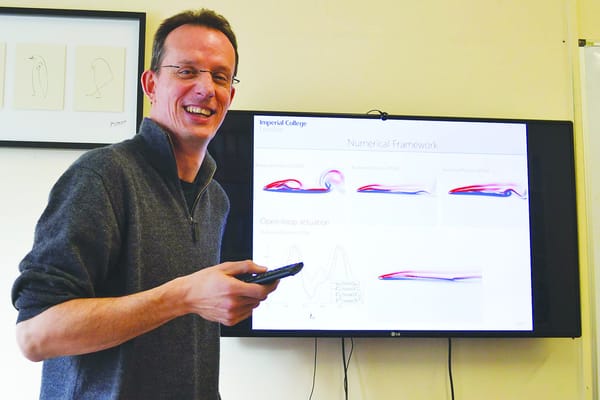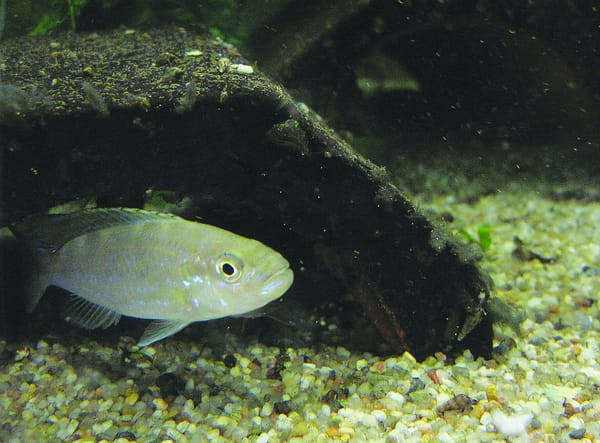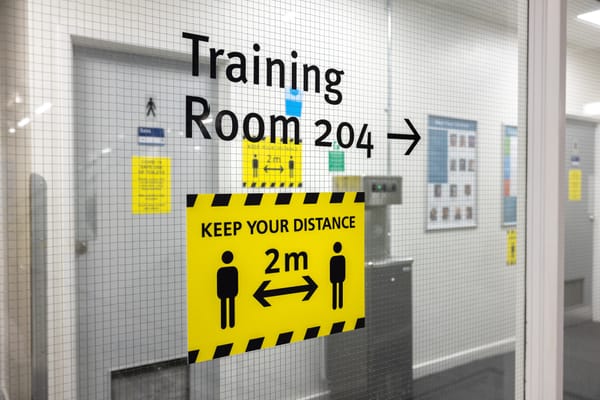Coffee makes the brain go round
What is the link between excessive coffee consumption and multiple sclerosis?

Even though I don’t drink coffee, which coming from an Imperial college student may sound like an oxymoron, I have managed to successfully get through all-nighters on tea instead. Yet new research suggests that drinking coffee may have other benefits besides waking your brain up for that 9am lecture. Specifically, evidence suggests that six cups of coffee a day can significantly decrease chance of developing multiple sclerosis (MS).
In a collaborative effort, researchers from the Karolinska Institute in Stockholm, Johns Hopkins University in Maryland and the University of California conducted studies in both the US and Sweden, looking at when coffee lovers had picked up their habit as well as how much coffee they indulged in. Results showed that those who drank around 900 ml of coffee a day (the equivalent of six small cups or two Grande cups, Starbucks style), were up to 30% less likely to develop MS than people not drinking coffee. Dr Emma Gray, head of clinical trials at the MS Society, argues: “This study provides new evidence that the link between the risk of developing MS and coffee consumption is worth exploring.”
This news is especially important when taking into account that despite having 100,000 people in the UK alone suffering from MS, relatively little is known about what causes the disease. Symptoms such as loss of motor function and chronic pain to name but a couple, are due to the destruction of the myelin sheath around neurons, i.e. demyelination. This slows down the conduction of electronic signals between the brain and the rest of body, which causes physical and sometimes even psychological problems.
A wide range of factors, both environmental and genetic, have been suggested as underlying causes but there is still no consensus about what triggers demyelination. So the apparent link between coffee consumption and MS may give researchers a new angle to investigate pathogenesis as well as develop new treatments for the disease.
This latest media coffee endorsement is part of a wider trend in mainstream reporting. The Daily Mail runs stories about the miraculous effects of coffee almost as regularly as it claims something has been proven to cause cancer (there’s a list of 116 factors last time I checked). Only recently, it was claimed that coffee reduces chances of liver cirrhosis, helps prevent early onset Alzheimer’s, and even helps with the burning of fat. However, these claims are not fully substantiated and are often contradicted by other data. While it doesn’t necessarily discount the research, much of the reporting on health is highly simplified and prone to exaggeration. Not to mention that a lot of the health benefits fall away when looking at people who add high levels of milk and sugar into their coffee.
So, before you run off to the SAF café for a double shot of espresso,keep in mind that as with all observational studies, the results are far from conclusive. And even though researchers controlled their studies to take into account other potentially influencing factors, the golden rule of science still remains correlation does not necessarily imply causation. So don’t use these findings as an excuse for that extra cappuccino, at least not yet. Not until more research is conducted and the link between caffeinating up before uni and neurodegenerative diseases is fully understood.








